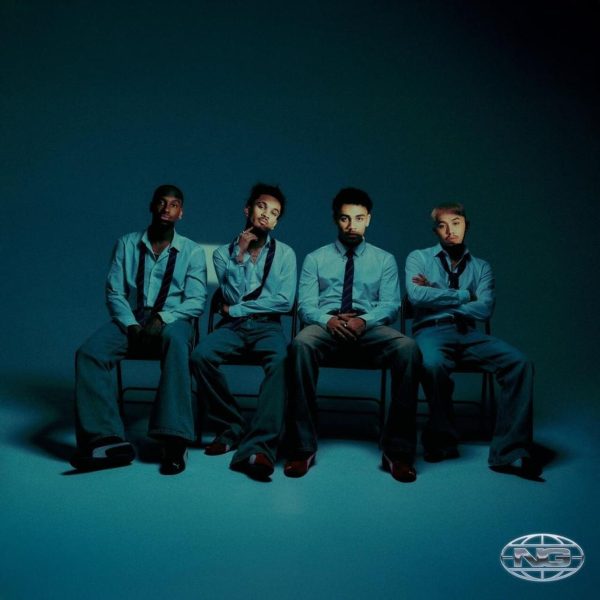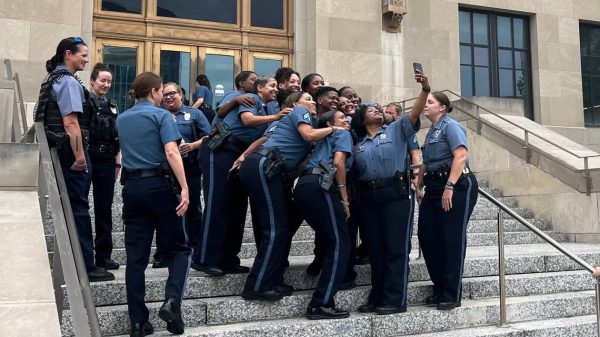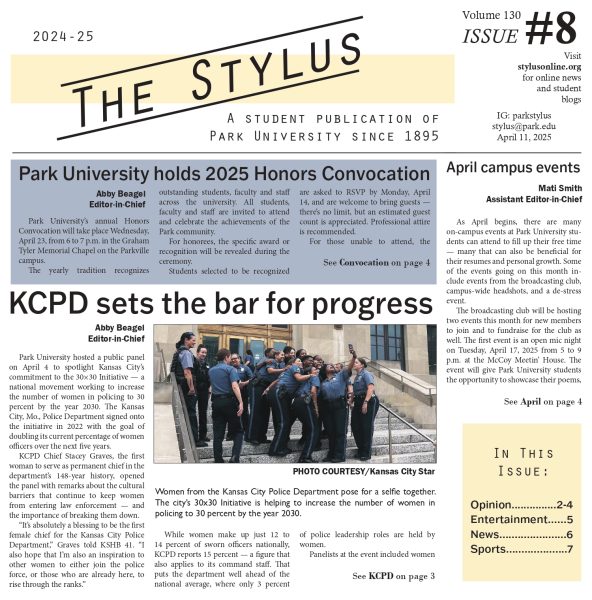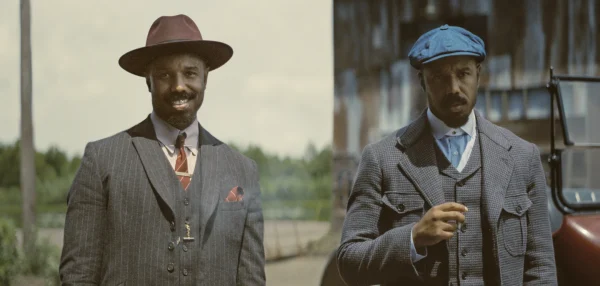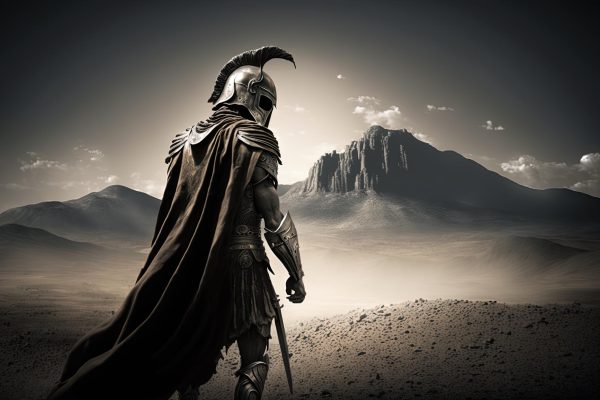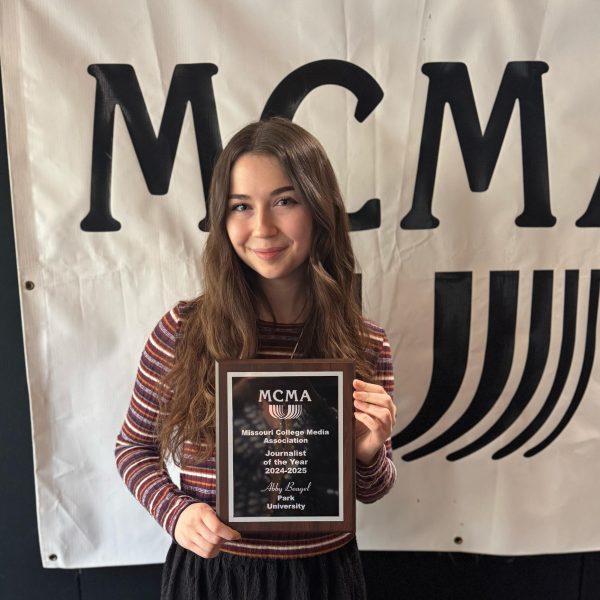Hunter devoted to his bicycling goals
Jonathan D. Hunter takes a seat in the plastic chair on the first floor of Thompson Commons. He is wearing a bright blue shirt that says, “Don’t Just Ride, Bike MS” in bold lettering. Black framed glasses cover his eyes and his backpack is resting on his shoulders.
Hunter is a junior studying international business. He hopes to travel to the Middle East to do business someday. Hunter has dual citizenship in Mexico and the United States and he cannot name one hometown. His dad was in the ministry and traveled frequently which explains why Hunter has resided in five different states during his lifetime.
Cycling is Hunter’s passion. He enjoys riding his bike for 20 miles at a time and he completed his longest ride in September for Bike MS, 140 miles.
Bike MS is a fundraising cycling series to help raise awareness and financial support for multiple sclerosis. The organization features rides all over the nation and recently held one from Olathe, Kan., to Lawrence, Kan., in which Hunter rode.
“The reason I like cycling so much is because it wakes you up in the morning,” he says. “It gets your blood moving. It’s cheap transportation and has cheap repairs compared to cars. It’s something you do with someone else and it kind of forms a bond between two people even if you don’t know the person.”
After raising $200 from family and friends, Hunter was able to participate in Bike MS. He set out on Sept. 13 to begin the ride to Lawrence.
“It was really amazing to see how many people did that event,” he says, “and to see how many cyclists there are in Kansas City who like to ride.”
Hunter broke up the ride into two days of cycling. The first day he rode 102.9 miles and 36.8 miles the next day to finish the ride. Every 10 miles there was a rest stop and Hunter says he couldn’t wait to see the next one in sight. During this 140 mile ride, Hunter forgot his iPod but was able to take in the scenes of Kansas.
“I enjoy taking in what I’m seeing,” he says, “and sometimes, music can take away from the fullness of what you’re seeing.”
According to Hunter, the best part of his ride was getting to meet a woman who has MS. She is the wife of a man Hunter met during the ride who he cycled beside. Hunter met this man after they stopped in DeSoto, Kan. for lunch. The man approached Hunter because he was impressed by Hunter’s choice of bike, a 1970s Raleigh made in London.
“At the very end, when we came back to Olathe we were handed a medal from people who actual had MS,” he says. “It was something I didn’t expect to happen.”
Hunter says he was thrilled to see the smiling faces as he was handed an award.
“We were doing it for them,” he says. “I knew a few people that had MS but not anyone I was close to. It was an opportunity to push myself.”
Hunter found out about the Bike for MS ride from his good friend who wanted a buddy along the way. He enjoyed cycling with a few of his good friends who may never do this ride again.
Hunter first started riding bikes in Nebraska during his childhood. When he moved to south Florida, his bike was stolen. From 6th grade to 2013, he went without riding a bicycle.
Hunters’ parents would reward him for riding on his bicycle throughout the town. Hunter says that’s what encouraged him to keep riding when he was younger.
“I was given a can of soda and a candy bar,” he says.
After coming back from a trip to India, he decided he wanted to start cycling again. He found a non-profit company called Revolve KC in Kansas City that sold used bicycles.
This is where Hunter purchased his 1970 Raleigh.
“I just really wanted to start riding and that’s what I did,” he says.
In January, Hunter’s friends mentioned doing a triathlon in Stockton, Mo.
“At first I was like no,” he says, “then I started thinking about it more and said I think I’m going to do this.”
Hunter swam 500 meters, biked 10 miles and ran a 5k to complete his first triathlon and he finished fourth in his age group.
This triathlon prompted Hunter to participate in the Bike MS ride.
“I think everyone should consider getting a bicycle,” he says. “It is great exercise and economical. If more people ride bicycles we could get rid of cars.”
Your donation will support the student journalists of Park University. Your contribution will allow us to cover our annual website hosting costs, freeing up other funds for equipment, printing and training.





